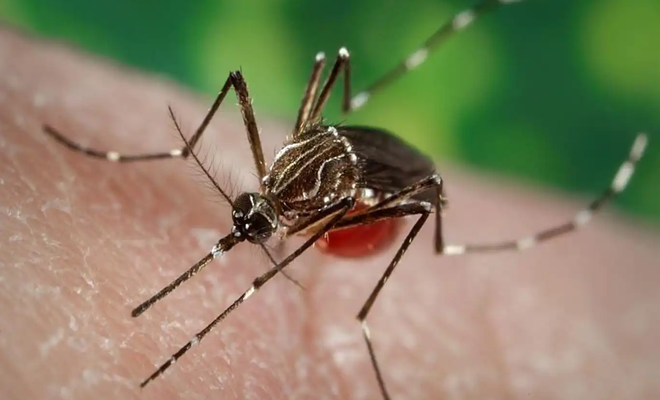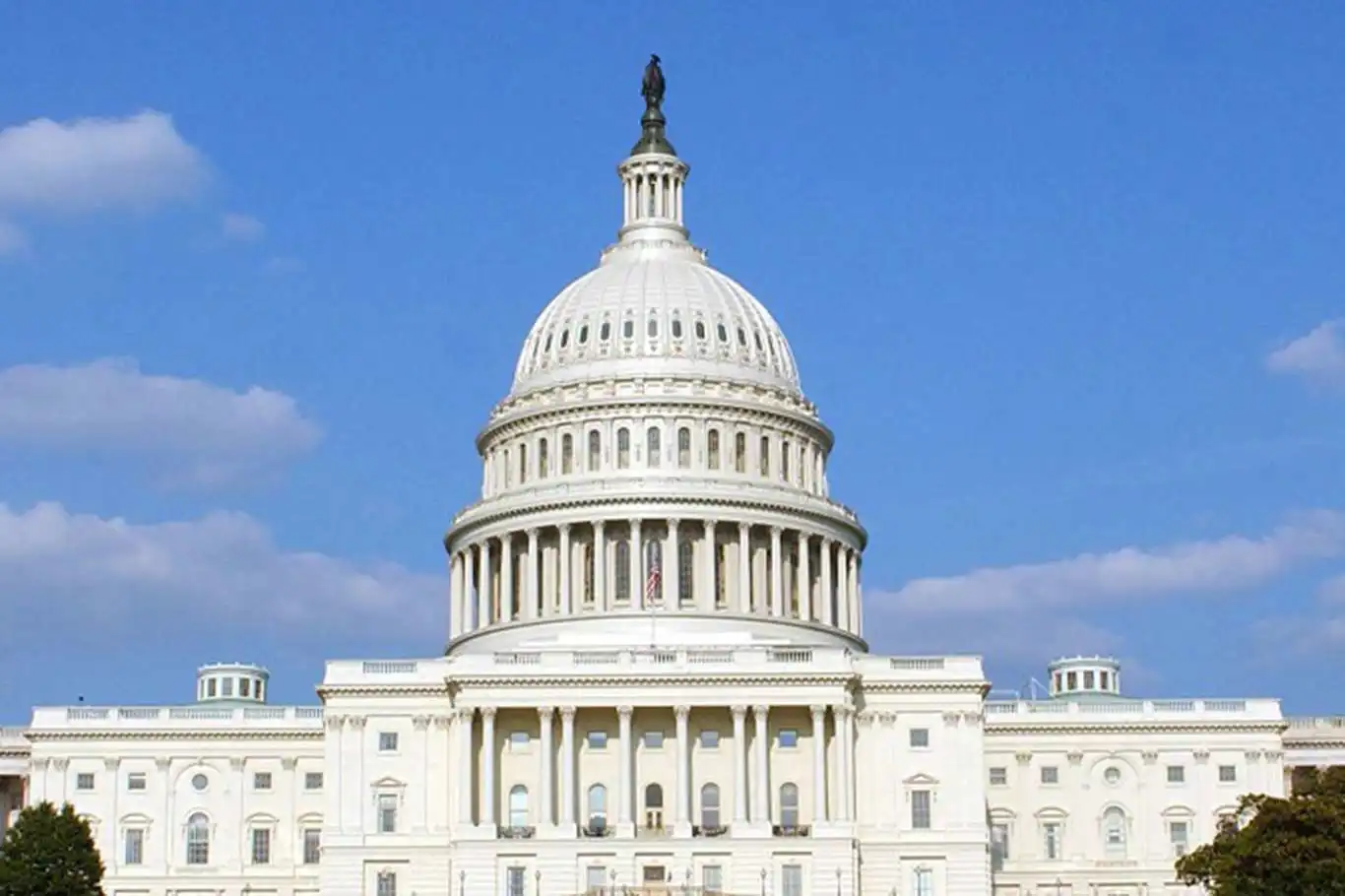CDC issues health advisory on rising dengue infections in the U.S.
The U.S. Centers for Disease Control and Prevention (CDC) has issued a health advisory alerting the public and healthcare officials about the escalating risk of dengue virus infections across the United States.

 Google News'te Doğruhaber'e abone olun.
Google News'te Doğruhaber'e abone olun. The U.S. territory of Puerto Rico has declared a public health emergency, with nearly 1,500 cases reported. Additionally, there has been a record number of 745 dengue cases among U.S. travelers this year, the CDC reported.
According to the advisory issued on Tuesday, the Americas have seen a staggering 9.7 million dengue cases this year, more than double the 4.6 million recorded in 2023. The CDC attributes this unprecedented increase to warmer temperatures linked to climate change, which facilitate the spread of the Aedes aegypti mosquito, the primary vector of dengue.
Dengue, typically more prevalent in tropical and subtropical regions, is now posing a growing threat in the United States. The CDC has urged healthcare providers to maintain a high index of suspicion for dengue in patients presenting with fever, especially those who have recently traveled to areas with frequent or ongoing dengue transmission.
The advisory also calls for healthcare professionals to order appropriate diagnostic tests for suspected cases and promptly report results to public health authorities. Additionally, the CDC emphasized the importance of promoting mosquito bite prevention measures to both residents and travelers in dengue-prone areas.
While many dengue infections are asymptomatic or result in mild illness, the virus can sometimes cause severe and potentially fatal disease. Symptoms that may follow an initial fever include severe abdominal pain, persistent vomiting, rapid breathing, bleeding gums or nose, fatigue, restlessness, blood in vomit or stool, severe thirst, pale and cold skin, and weakness, according to the World Health Organization (WHO).
Although there is no specific treatment for dengue, most cases are managed with pain relief medications, with recovery often taking several weeks. The WHO reported 505,430 global dengue cases in 2000, a number that soared to at least 5.2 million by 2019. WHO cautions that dengue is frequently underreported and misdiagnosed, suggesting that actual case numbers are likely higher.
As the global incidence of dengue reaches its highest level on record in 2024, health officials are urging vigilance and proactive measures to combat the spread of this mosquito-borne disease. (ILKHA)



















































